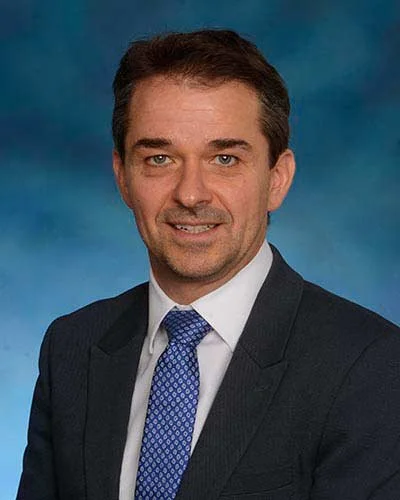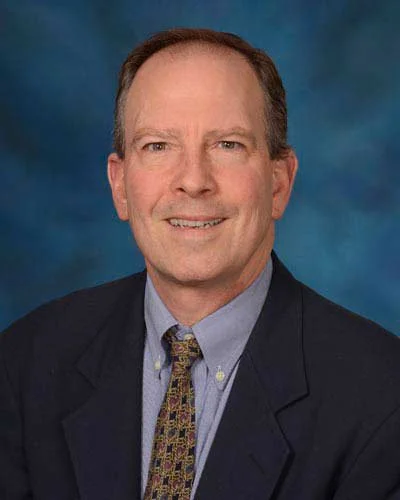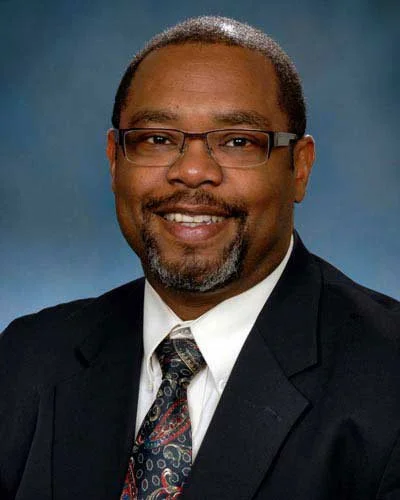Dr. Lisa Taneyhill, Ph.D.
Dr. Lisa A. Taneyhill is a Professor in the Department of Animal and Avian Sciences at the University of Maryland, College Park. Her research focuses on the molecular mechanisms underlying embryonic development, particularly the formation and migration of neural crest cells in chick embryos. These cells are essential for the development of various tissues, including craniofacial structures, peripheral nerves, and pigment cells. Dr. Taneyhill's work has significant implications for understanding developmental disorders and diseases such as cleft palate and cancer.
Dr. Taneyhill earned her B.A. in Chemistry and Biochemistry from McDaniel College, followed by M.A. and Ph.D. degrees in Molecular Biology from Princeton University. She completed postdoctoral training at the California Institute of Technology before joining the University of Maryland faculty in 2007.
In recognition of her contributions to the field, Dr. Taneyhill was named a Fellow of the American Association for Anatomy. She has also served on the National Academy of Sciences' Committee on Gene Drive Research in Non-Human Organisms.
Dr. Taneyhill is affiliated with the Brain and Behavior Institute and the Neuroscience and Cognitive Science Program at the University of Maryland.
Dr. Jacques Ravel, Ph.D.
Dr. Ravel is the Acting Director at the Institute for Genome Sciences (IGS) and a Professor of Microbiology and Immunology at the University of Maryland School of Medicine in Baltimore, Maryland. He received his Ph.D. degree from the University of Maryland College Park in Environmental Molecular Microbiology and Ecology and performed his postdoctoral training at the Johns Hopkins University in the Department of Chemistry working on microbial natural product chemistry.
Before accepting his current position in 2007, Dr. Ravel was an Assistant Investigator at the Institute for Genomic Research (TIGR) in Rockville, MD, the institute where the first microbial genome was sequenced in 1995. He was elected to the American Academy of Microbiology in 2012 and in 2015, he was awarded the Blaise Pascal International Research Chair. Dr. Ravel is the Editor in Chief of the journal Microbiome and an Associate Editor for the journal mBio.
Dr. Daniel Stein, Ph.D.
Dr. Stein has 38 years of experience studying various aspects of neisserial biology, defining basic genetic processes of the gonococcus and relating them to gonococcal pathogenesis. He has developed a variety of genetic tools to manipulate the gonococcal genome, allowing him to generate strains with defined surface structures. Using these strains and the technologies that he has develop, he is dissecting the role that various surface molecules play in gonococcal pathogenesis. His current research focuses on how colonization by GC can result in asymptomatic infection, especially in women. He is examining the role of the opacity protein (Opa) and its interaction with lipooligosaccharide in gonococcal pathogenesis. While many papers have been published that support the hypothesis that Opa is a key GC invasin, promoting GC entry into cells, his research suggests that Opa can contribute to disease in additional ways. Using a strain where all 11 opa genes were deleted, he found that this strain invaded into cervical tissue explants much better than Opa-expressing bacteria. Since Opa expression leads to significant bacterial clumping, it suggests that this Opa function may be highly relevant to preventing invasive GC disease, and the inability to induce symptoms. A second research project focuses on various aspects of neisserial phage biology. He believes that their functionality plays an essential role in virulence. Students use molecular genetic, cellular, immunological bioinformatic and biochemical techniques to further our understanding of gonococcal disease.
He co-founded SD Nanosciences, a biotechnology company focused on utilizing surfactant vesicle technology for gonococcal vaccine development and drug delivery.
Dr. Brett Hassel, Ph.D.
Dr. Hassel received his B.S. from the University of Miami and his Ph.D. from the Johns Hopkins University in 1989. Following postdoctoral fellowships at the Uniformed Services University of the Health Sciences and the Cleveland Clinic Foundation, Dr. Hassel joined the faculty of the Department of Microbiology and Immunology at the University of Maryland, School of Medicine in 1995.
Research in my laboratory focuses on the endonuclease RNase-L that functions in host defense from microbial pathogens and as an endogenous constraint on cell proliferation. I and co-workers were the first to clone RNase-L over 20 years ago and subsequent work from my lab has contributed significantly to our current understanding of its biochemical and biological activities. The long-term goal of my work is to determine the mechanisms by which RNase-L mediates innate immune and tumor suppressor functions with the objective of modulating these activities for therapeutic applications.
In addition to my research activities as a PI and laboratory mentor, I serve in multiple training, education and outreach capacities as central components of my professional activities. I am Director of the Molecular Microbiology and Immunology graduate program, have taught in nine graduate and medical school courses and was named Teacher of the Year in 2013. I have served on the thesis committees of over 60 students and directly mentored 33 postdoctoral, graduate and undergraduate trainees. I am PI of the undergraduate Nathan Schnaper Intern Program in Translational Cancer Research and Co-Chair of Funding and Sustainability for the NCI-funded UMB Continuing Umbrella of Research Experience (CURE) minority STEM education pipeline. I serve additional training roles as co-PI and investigator on the NIGMS-funded minority Science Training for Advancing Biomedical Research Post-baccalaureate Research and Education Program and the NIAID Signaling Pathways in Innate Immunity T32 training grant. My educational activities has emphasized training the next generation of researchers and caregivers including BUILD/ASCEND and MBRS RISE at Morgan State University, Pre-Marc-U-STARs and Meyerhoff Scholars at UMBC and Bridges to the Doctorate with Towson University
Dr. Gregory Carey, Ph.D.
Dr. Carey’s research seeks understanding the signals that drive proliferation, growth and survival in lymphoma as well as other cancers. His team has been focused on cytokine and B cell receptor signals that relay life or death information in lymphoma. More recently, the group has discovered that aggressive B cell lymphoma re-purpose certain reactive oxygen species (ROS) and use these ROS for their survival benefits. Moreover, the lymphoma appear to modulate these ROS-dependent survival programs via a specific antioxidant pathway. Our focus is on identifying the molecular players in these processes.
Dr. Carey is Director of Student Summer Research and Community Outreach in the Office of Student Research (OSR) at the School of Medicine. In this capacity, Dr. Carey has developed tools and programs and assists his colleagues in providing quality medical research education in the School of Medicine. He also directs the Program for Research Initiated by Students and Mentors (PRISM) and the MPower supported undergraduate pipeline program, UM Scholars. Both programs provide rich, structured, intense, immersive research experiences to medical and undergraduate students onsite at
Recognizing a need for diversification of the biomedical research workforce, Dr. Carey is very active in direct mentoring and in building programs that enhance achievement and diverse participation and in the sciences and in medicine. He has served, and serves on national committees and networks dedicated to fostering and nurturing excitement in science, medicine and research. Dr. Carey’s outreach activities serve to collaboratively bridge the Community and the School of Medicine. This includes research, service and service-learning projects as well as mentoring, interacting and giving talks to students and members of the Community on STEM careers and on the role of research in improving and protecting Community Health.





